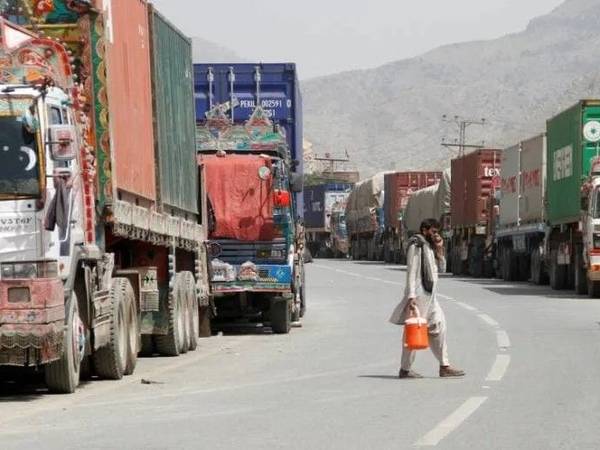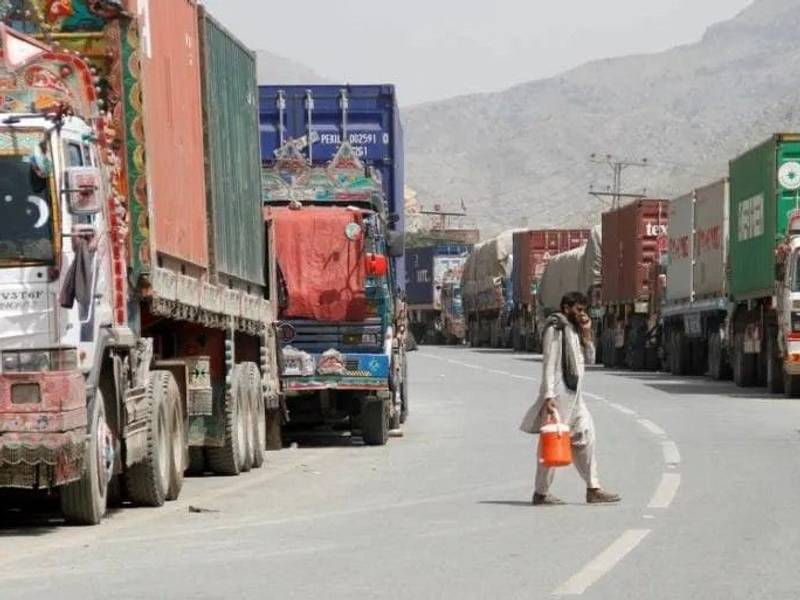The Taliban’s Ministry of Finance says the suspension of trade with Pakistan has caused “no negative impact” on Afghanistan’s commercial activity and that customs revenues remain stable. The ministry said it will continue supporting traders seeking alternative transit routes.
The statement follows heightened border tensions between Kabul and Islamabad and the closure of key crossings. Pakistan’s Dawn newspaper reported on 11 November that the month-long shutdown of the Torkham crossing had caused more than 4.5 billion dollars in losses to trade and to the economies of both countries.
On 18 November, the Pakistan-Afghanistan Joint Chamber of Commerce and Industry said bilateral trade had dropped from an annual 5 billion dollars to less than 1 billion because of repeated border closures.
Earlier, the Taliban’s deputy prime minister for economic affairs urged Afghan traders to use alternative trade and transit routes.
Despite this, the Taliban’s Ministry of Finance insisted that cutting trade ties with Pakistan has “not affected Afghanistan’s commerce,” saying the country’s trade with regional and global partners continues “normally and without any challenges.” The ministry said it has provided “necessary facilities” for domestic and foreign traders to operate without relying on Pakistan.
The prolonged closure of border crossings has pushed the Taliban to expand commercial cooperation with regional countries, particularly Iran and Uzbekistan. The Taliban have announced that Afghan agricultural products will be exported by air via Uzbekistan to markets in Central Asia, South Asia and Europe.

